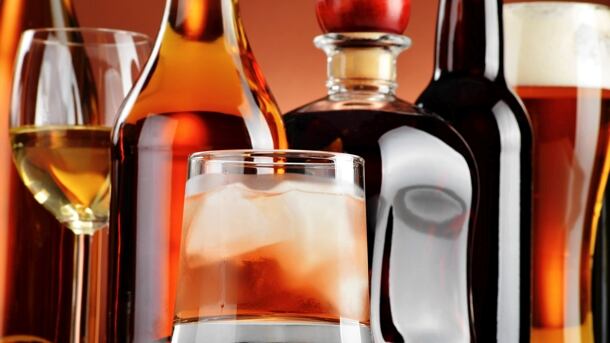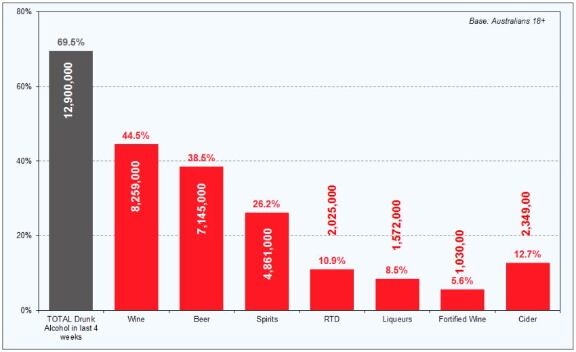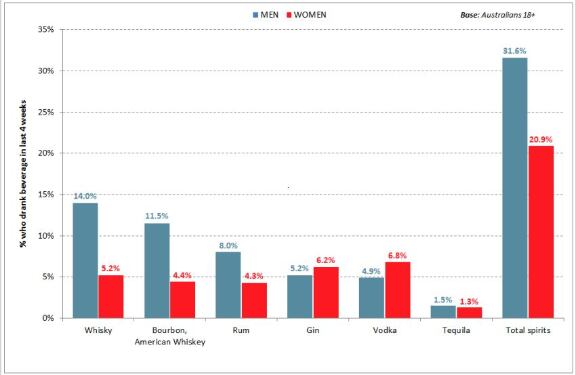“No matter how many times the same claims about soda taxes are repeated, it makes them no more true,” said Jordan Williams, executive director of the Taxpayers’ Union.
“For example, claims that the Mexican soda tax resulted in a dramatic reduction in sales rely on expressed-preference survey data—interviews with consumers.”
Sales data have since been made available, which Williams believes show “infinitely small” changes in consumer behaviour. He said it was “intellectually dishonest” to quote “less accurate figures solely because they fitted the pro-tax argument”.
With only 1.6% of New Zealanders' total energy intake coming from the added sugar content of sugar-sweetened non-alcoholic beverages, a tax on sugary drinks to cure obesity would be like “banning skateboards on a basis of reducing the road toll,” he said.
“It might feel good to be seen to be doing something, but a tax that doesn’t work, and is disproportionately borne by the poor,” he added, suggesting that such a move would be “morally questionable”.
He also singled out the media’s supposed willingness to accept the claims made by those in favour of implementing a sugar tax, and their reluctance to seek counterbalancing views.
“For example, a study published last year claiming that a sugar tax would save more than 60 lives per year was mocked in public policy circles around Wellington for its ridiculous assumptions. Incredibly, sugar tax campaigners still cite it, and the media swallow the claims,” Williams said.
Debate over a potential sugar tax has been raging in New Zealand in the last year, with doctors calling for a 20% levy on sugary drinks. Wellington has taken a pragmatic line, saying there is no evidence that such a levy would work, and instead the government will focus on a health policy that concentrates on awareness and exercise.
Though there appears to be little public support for such a move, academics have recently redoubled their efforts to push lawmakers towards their way of thinking, with the NZ Medical Association now claiming it has enough evidence that a sugar tax would help reduce obesity, diabetes and tooth decay. Dentists have called for labelling laws to outline a drink’s sugar content in teaspoons.
Across the Tasman, Australians appear less animated by the idea of a tax on sugary drinks than their neighbours, though pro-levy pressure groups and think tanks have upped their activity in the closing months of 2016.
The Grattan Institute recently recommended a A$0.40 (US$0.30) tax per 100g of sugar, which it believes will cut soft-drink consumption by 15% and raise A$500m a year for Canberra’s coffers.
Yet there is little support for such a move in government, with deputy prime minister Barnaby Joyce describing a sugar tax as "bonkers mad" and a "moralistic tax" that would have a huge impact on sugar farmers in the north of Australia. The Greens party, however, has drafted legislation for a sugar-sweetened beverages tax ahead of a private senators bill to be heard before the end of next year.
Back in New Zealand, the chief executive of the Food and Grocery Council earlier this year wrote in FoodNavigator-Asia a scathing review of an academic paper that aimed to test the success of the Mexican sugar tax. In it she concluded that the levy had been little more than a successful exercise in raising money for the treasury.
“The only thing that’s really changed is that consumers are paying more for drinks, and the Mexican government can extract almost twice the amount of tax it had budgeted for,” Katherine Rich wrote.
“There is no evidence that the tax has affected the number of calories consumed or has had any effect on obesity.”
More stories from Down Under…
Tipple trends: Aussie grog consumption stays static
Australia may be best known as a nation of beer drinkers, yet still more than a quarter of the country’s adults consume spirits at least once every month.

Consumed by 45% of Australians, wine remains the country’s most popular beverage, followed by the 39% who drink beer. Spirits came third in the survey, by Roy Morgan Research, drunk by 26% of Australians, or nearly 5m people.
Its latest market research findings also suggest that overall alcohol consumption has been relatively stable over the past few years: currently, 70% of the adult population enjoy at least one tipple a month—just as they did in 2012.
While spirits consumption is nowhere near as male-dominated as beer, men are more likely than women to partake in the hard stuff by a ratio of three-to-two.
But when comparing individual types of spirits, this male skew appears due to the overwhelming popularity of whisky, bourbon and rum among Aussie men. Typical white spirits, on the other hand, are consumed by more women than men.

Gender is just one factor influencing a person’s decision to consume spirits. Roy Morgan’s Liquor Currency report for September 2016 showed that age also played a role, with spirits consumption most widespread among young drinkers under 34.
Consumption falls off among older age groups, bottoming out at 21% among the 50-plus, though this varies depending on the spirit.
“Alcohol drinkers are a diverse bunch, with a person’s liquor consumption often linked to their age, gender, socio-economic scale, ethnic background, attitudes and even state of residence. Even within a category, such as spirits, there can be considerable variation,” said Norman Morris of Roy Morgan Research.

“Although wine and beer are consumed in much larger volumes by many more Australians, spirits are still an important category in the liquor market. And at special times of year, such as the Christmas-New Year period, liquor retailers can expect a surge in sales of these beverages, with customers buying them as gifts or for their festive celebrations.”
The survey also found that bourbon drinkers were four times more likely to prefer pre-mixed spirits to their conventional format than those who drink gin. Moreover, they are also most likely to believe that pre-mixed spirits are good value for money.
“This is good news for pre-mix manufacturers, many of which use bourbon and American whiskey in their products,” Morris added.
Fsanz calls for submissions on a raft of food-code proposals
The antipodean regulator has called for public and industry submissions on three potential changes to the food standards code in Australia and New Zealand.

The amendments concern applications to increase levels of plant sterols in some breakfast cereals, introduce a new sweetener and changes to the regulator’s cost-recovery arrangements.
Fsanz chief executive Steve McCutcheon said the first application, by breakfast-food major Sanitarium Health and Wellbeing, seeks to allow increased concentrations of plant sterols in portion-controlled breakfast cereals.
Plant sterols occur naturally in certain plants and are currently permitted to be added to edible oil spreads, breakfast cereals, milk and yoghurt. The regulator has reviewed Sanitarium’s application and found no concerns with the proposed concentrations, based on available data.
The second amendment concerns an application to permit the use of an alternative, lower-calorie sweetener and bulk filler.
Essence Group had applied for isomalto-oligosaccharide (IMO) to be permitted for use as a novel food. IMO is allowed in a number of other countries for use as an alternative to other carbohydrate bulk sweeteners, such as sucrose, glucose, fructose and high-fructose syrups.
“Fsanz’s safety assessment concluded that for its intended use, IMO was safe for the general population,” McCutcheon said.
Submissions are also invited for a consultation paper released by Fsanz on proposed changes to its cost-recovery arrangements.
McCutcheon said reviews of the regulator’s cost-recovery arrangements found that present charges did not reflect the real cost of services that attract a fee.
“The proposed changes to our cost recovery methodology align with government policy and ensure that the agency meets its statutory requirements.
“Less than 2% of Fsanz’s total revenue is generated through cost-recovery, and only a small number of applications to amend the food standards code incur costs,” he added
A sizeable reduction in the regulator’s administrative charges has also been proposed while a refund policy for unused hours remains.
All Fsanz decisions on applications are notified to the ministers responsible for food regulation in Australia and New Zealand, who can then decide to ask for a review or agree that an amendment should become law.
Anyone with an interest in the proposed changes can send their views to the regulator by January 24 (for plant sterols submissions), or by February 3 for the sweetener and cost-recovery arrangements.
